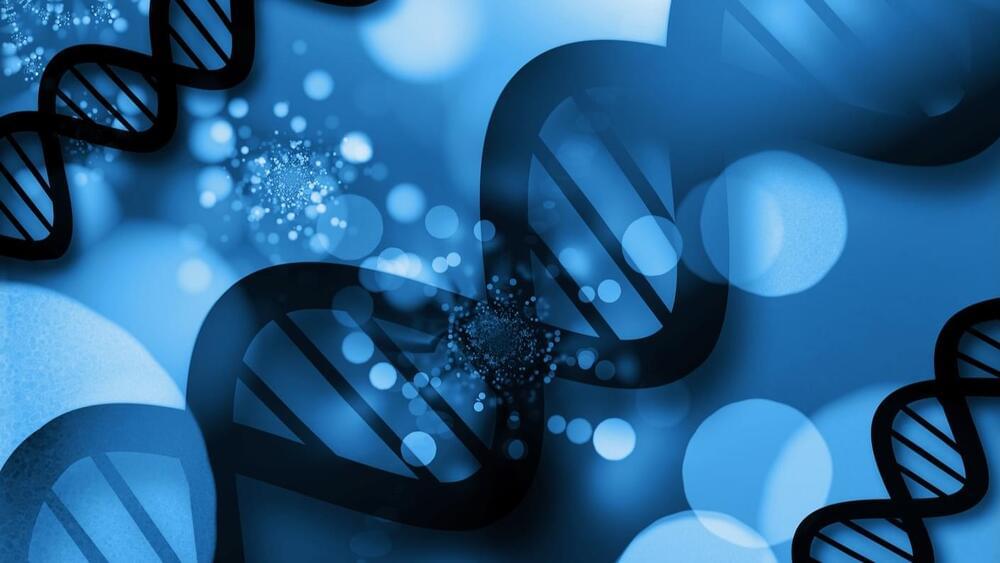Genomics is revolutionizing medicine and science, but current approaches still struggle to capture the breadth of human genetic diversity. Pangenomes that incorporate many people’s DNA could be the answer, and a new project thinks quantum computers will be a key enabler.
When the Human Genome Project published its first reference genome in 2001, it was based on DNA from just a handful of humans. While less than one percent of our DNA varies from person to person, this can still leave important gaps and limit what we can learn from genomic analyses.
That’s why the concept of a pangenome has become increasingly popular. This refers to a collection of genomic sequences from many different people that have been merged to cover a much greater range of human genetic possibilities.









Comments are closed.